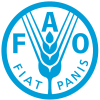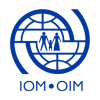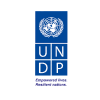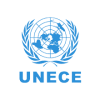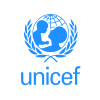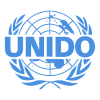"Top SDGs"

Access to quality education and training
Azerbaijan prevails in access to quality education and training, with a high overall literacy rate (99.7% for 15 years and older people according to the UNESCO Institute for Statistics), and enrollment in primary and secondary education (94.31 and 93.86% respectively). However, challenges remain in ensuring equal access to education for all children and reducing the urban-rural and socioeconomic gaps in education outcomes. The COVID-19 pandemic has presented new challenges, including the need for remote learning and continued access to education for all students. The UN continued working with a range of partners in 2022 to help the Government to address these challenges.
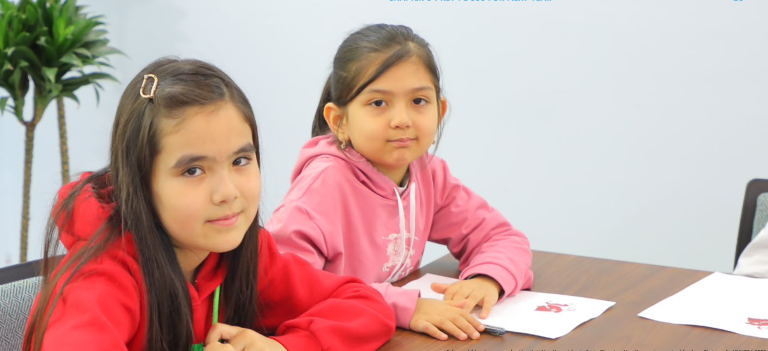
school students (46% girls) received learning recovery support
teachers received individual professional mentoring
A quality assessment study of preschool education services conducted
refugee and asylum-seeker children had access to education
children with disabilities (46% girls) were enrolled in education
schools became inclusive in comparison to 12 last year
school personnel trained on inclusive education for children
young people (58% girls) acquired tools and skills through the Basic Life Skills Education programme
Access to quality and inclusive health services
In recent years, Azerbaijan has made significant progress in ensuring access to quality and inclusive health services, including mandatory health insurance, primary healthcare, and nutrition systems. The country has implemented a mandatory health insurance program that covers over 90% of the population, and more than 400 new primary healthcare centers have been established. Additionally, Azerbaijan has implemented several nutrition programs targeting vulnerable populations, including pregnant women and children. However, challenges remain in ensuring equitable access to healthcare services for all citizens, particularly in rural areas. Additionally, the COVID-19 pandemic has highlighted the need to further strengthen the healthcare system, including increasing the availability of critical care resources. The UN continued to support Government’s efforts through technical and advisory assistance to strengthen its healthcare system.
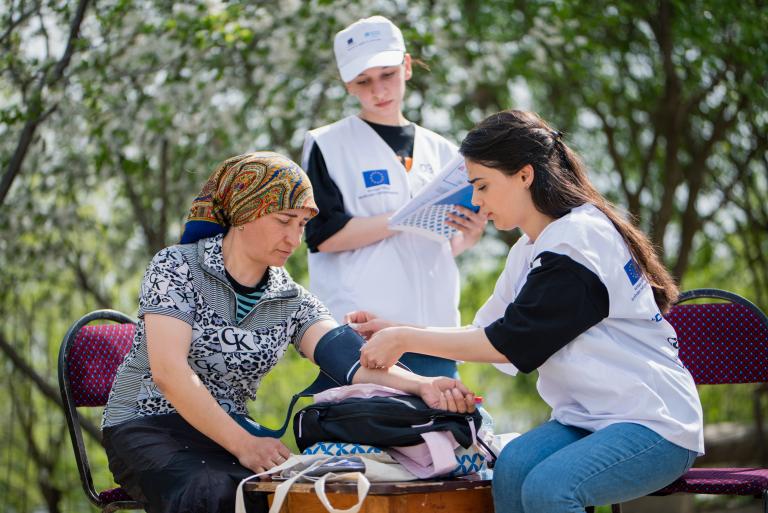
National Infection Prevention and Control working group established
Health and vaccine status database created
National guideline on immunization was developed
healthcare workers capacitated
protective and cold-chain equipment provided
risk communication materials distributed on COVID-19
children of 0-10 years age received routine vaccines
patients (46% women) received psychological consultations
healthcare professionals expanded skills in mental health
Mental health self-help website was launched in Azerbaijani language
newborns received a heel prick test
(192 women) refugees and asylum seekers accessed healthcare services
victims or potential victims of exploitation (43% women, 34% girls, 23% boys) received health services
prison population had access to Hepatitis C treatment
National Strategy on Food Loss and Waste developed
children and 9,000+ pregnant women covered under home visiting model
people sensitized on COVID-19 vaccination and routine immunizations
Access to inclusive social protection services, justice and participatory mechanisms
The UN continued its work with national partners to strengthen policies and mechanisms to protect human rights, increase access to inclusive social protection services justice and participatory mechanisms, and sustain social cohesion.
children reached to National Child Helpline for support
family mediators received training on child rights
public and social service providers (43% women) trained on combatting trafficking and forced labour
children repatriated from Iraq and Syria received psychological support
people (54% women) received free legal assistance
lawyers and civil society actors trained on UN human rights mechanisms
Contributing Agencies
